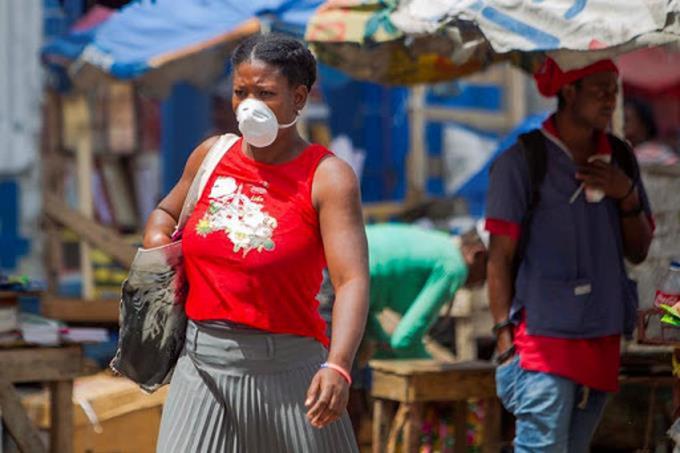Santo Domingo, DR.
Julisa Mandila, chair of the Inter-American Commission on Human Rights (IACHR), suggested the possibility to Dominican Republic officials this Thursday. Create a table to discuss the legal status of the descendants of Haitian immigrants in the country.
Mandela provided this advice at the end of a virtual IACHR inquiry focusing on the human rights of Haitian immigrants and their descendants in the Dominican Republic.
The table will help to “propose possibilities”, not “solve problems”. IACHR’s experience in applying standards of respect for human rights should contribute, he said.
“The Commission wants to hear, know and contribute in these ways,” Mandela said, acknowledging its high-level participation in today’s meeting, after thanking the Dominican state for its “cooperation.”
At trial, Haitians’ descendants denounced the Dominican government’s “obstacles” to legal action against thousands of people expelled from the Dominican Nation due to a judicial sentence handed down in 2013.
They said there was more than 35,000 people regained their Dominican citizenship Thanks to the 2014 law they have not yet received their identity document.
They denounced that this environment makes it difficult for them to access public services, including health or education, and exposes them to the risk of deportation to Haiti.
Another group passed about 8,000 people used the formalization program to obtain Dominican nationality, Although the process was completed in 2015, 7,149 people are still waiting for the final decision of the administration.
A further 800 people from that group have reclaimed their Dominican nationality through two decrees signed between 2020 and 2021, but so far none of them have received documents proving their nationality, they said.
At the hearing, the Dominican Ambassador for OAS, Josué Fiallo, outlined the state’s efforts to regularize the population of 2013 convicts and ruled that regularization programs were limited to a certain period of time and refused to be permanently maintained.
In parallel form, Civil society groups also condemned the recent “mass deportation” of Haitians, This includes the UN, including pregnant women.
Alberto Brunori, the regional representative to the Office of the United Nations High Commissioner for Human Rights (OHCHR), recalled that the United Nations had spoken twice on the issue and, last February, recommended a panel to eliminate discrimination against women. The Dominican Republic was suspended Deportation of pregnant women.
Filo denies that large-scale deportations have taken place, explaining that the number of Haitian women giving birth in Dominican hospitals has tripled since 2018.

“Music ninja. Analyst. Typical coffee lover. Travel evangelist. Proud explorer.”







More Stories
Couple earns $20,000 by reselling salt on Amazon
Bad Bunny shares emotional video from Puerto Rico after comedian’s offensive comments at Trump rally
About 30 million people are at risk in this US state on Halloween night, according to the NWS